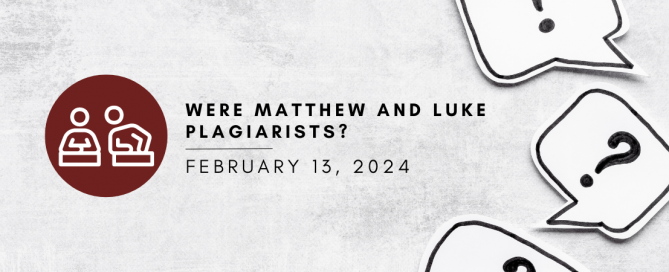Did Paul Exchange Letters with the Greatest Roman Philosopher of His Day??
I've mentioned several non-canonical letters forged in Paul's name connected with the views of the second-century heretic Marcion. There are other letters out there that also (falsely) claim to be written by Paul but that were not forged in order to support or attack a particular heretical view in Paul's name. That is almost certainly the case with a set of letters that were accepted as authentically Paul's (though never accepted as canonical) for many centuries, down until relatively modern times: Paul's correspondence with the great philosopher (and personal tutor and advisor to the emperor Nero). Here's what I say about these letters in my book Forged (HarperOne, 2011). (If you want a more thorough analysis of these, and all the Pauline forgeries I'm mentioning in these posts, I get gratifyingly down in the weeds at good length in my academic book, Forgery and Counterforgery: The Use of Literary Deceit in Early Christian Polemics) ****************************** The Letters of Paul and Seneca A completely different agenda is found in a much later forgery of Pauline letters [...]


